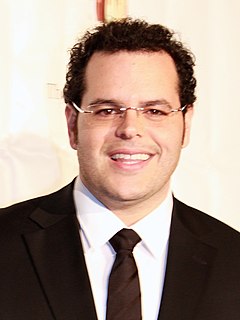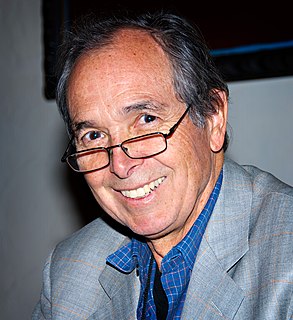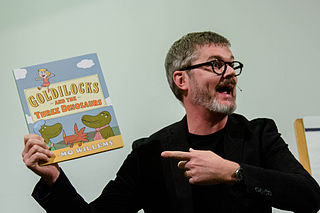A Quote by Laura Hillenbrand
I lived for four years in the 1930s with these individuals and the only time that I wasn't thinking about dealing with physical suffering is when I was working on this book. I've never been more alive as when I worked on this book.
Related Quotes
The mind is a vagrant thing ... Thinking is not analogous to a person working in a laboratory who invents something on company time.
Answering criticism that the book for which he won a Pulitzer Prize was written in the years he had been employed at the Smithsonian. He specified that did not write on the premises there, but only at home outside of working hours.
We're at a point nowhere it has to change. We have characters that are not alive that are alive in the book. We have characters that never appeared in the book. We have a lot of events that didn't quite happen the same way in the book. But there's so much in the book, stuff we've passed in the timeline that I really thought was awesome, that I really wanted to get to.
When I was a kid my primary goal in life was to find a book that was alive. Not alive in the human sense, but like a thing that would send me to a place not otherwise accessible on Earth. This book should have hidden words encrypted beneath the printed ones, so that if I worked hard enough and discovered the code I would somehow end up inside the book, or the book would take on a body and consume me, revealing a secret set of rooms behind the wall in my bedroom, for instance, inside which anything could be.
A book, being a physical object, engenders a certain respect that zipping electrons cannot. Because you cannot turn a book off, because you have to hold it in your hands, because a book sits there, waiting for you, whether you think you want it or not, because of all these things, a book is a friend. It’s not just the content, but the physical being of a book that is there for you always and unconditionally.
































